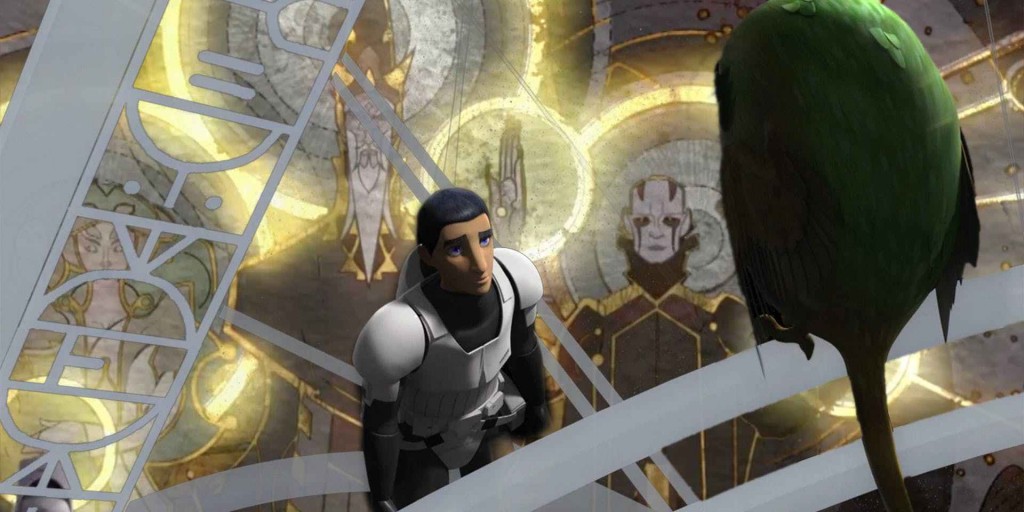-
Recent Posts
- Better Call Saul: There Are No Happy Endings between a “Rock and Hard Place”
- Black Widow Keeps It in the Family for Natasha’s Last Ride
- Loki Finds New Purpose in the Man behind the Mischief
- In its Debut, Star Wars: The Bad Batch Decides Whether to Obey or Rebel
- Nomadland: A Film Out of Time, For Our Times
Archives
Recent Comments
- Natalie Torres on What Makes Zombies So Frightening?
- unblocked games 76 on The Walking Dead: The Division and Reunion in “Hearts Still Beating”
- tombolbet88 link alternatif on The Walking Dead: a Glimpse of the New World in “Knots Untie”
- bali777 login on Veep’s Series Finale and the Hollowness of Getting What You Want
- Ed Clarke on Contact
Meta
Monthly Archives: March 2018
Krypton 101: A Brief History of Superman’s Home Planet
Andrew joins ace T.V. writer Clint Worthington and Cameron Cuffe, star of the new series Krypton, to discuss the different versions of Superman’s home world on the page and screen over the years.
What Remains of Edith Finch and the Awesome, Terrible Power of Stories
When we want to remember someone, we tell stories about them. When we’re processing our traumas, we create representations of them to ease the pain. And when we feel trapped, our imaginations can give us a comfort and a lifeline.
That’s the idea at the center of What Remains of Edith Finch, the 2017 game developed by Giant Sparrow and its creative director Ian Dallas. As I discussed with Robbie Dorman on The Serial Fanaticist Podcast, the game tells the story of the Finches, using a visit to an old family home to trace six generations’ worth of seemingly inevitable misfortunes, and the conflicting efforts to remember the individuals behind them and to avoid sharing their fates.
Ranking: Every Season of The Wire from Worst to Best
Andrew joins Randall Colburn and Greg Whitt to rank, dissect, and honor one of the greatest television shows of all time.
Star Wars Rebels Chooses Not to Remake the Past in “A World Between Worlds”

I’m always suspicious of time travel stories. Too often, they open up a big can of worms that even great T.V. shows can’t reseal. They tend to either involve paradoxes and bits of convenience that we just have to accept as part of the time-bending shenanigans. But most of all, they create problems for both plot and drama.
If you can just go back and change some explosive event in the past, why not travel back even further to a more boring one that lets you avoid the conflict altogether? And more to the point, why do any of your actions matter if they can simply be undone down the line? Time travel risks breaking your universe and weakening your ability to tell meaningful stories.
So I was worried, naturally, when Star Wars Rebels introduced what amounts to time travel in “A World Between Worlds”, thereby allowing the show to revisit two of its most heightened and dramatic moments. It’s a choice that connects this series with the past, present, and future of the Star Wars franchise, while also creating the opportunity to rewrite these major events in the show’s own history. But fraught though these time-tampering opportunities may be, Rebels approaches them in a way that is not only satisfying in terms of mechanics and continuity, but which exists as an episode-length rejoinder to the idea of “let’s just fix the past” that’s otherwise inextricably a part of the DNA of time travel stories



